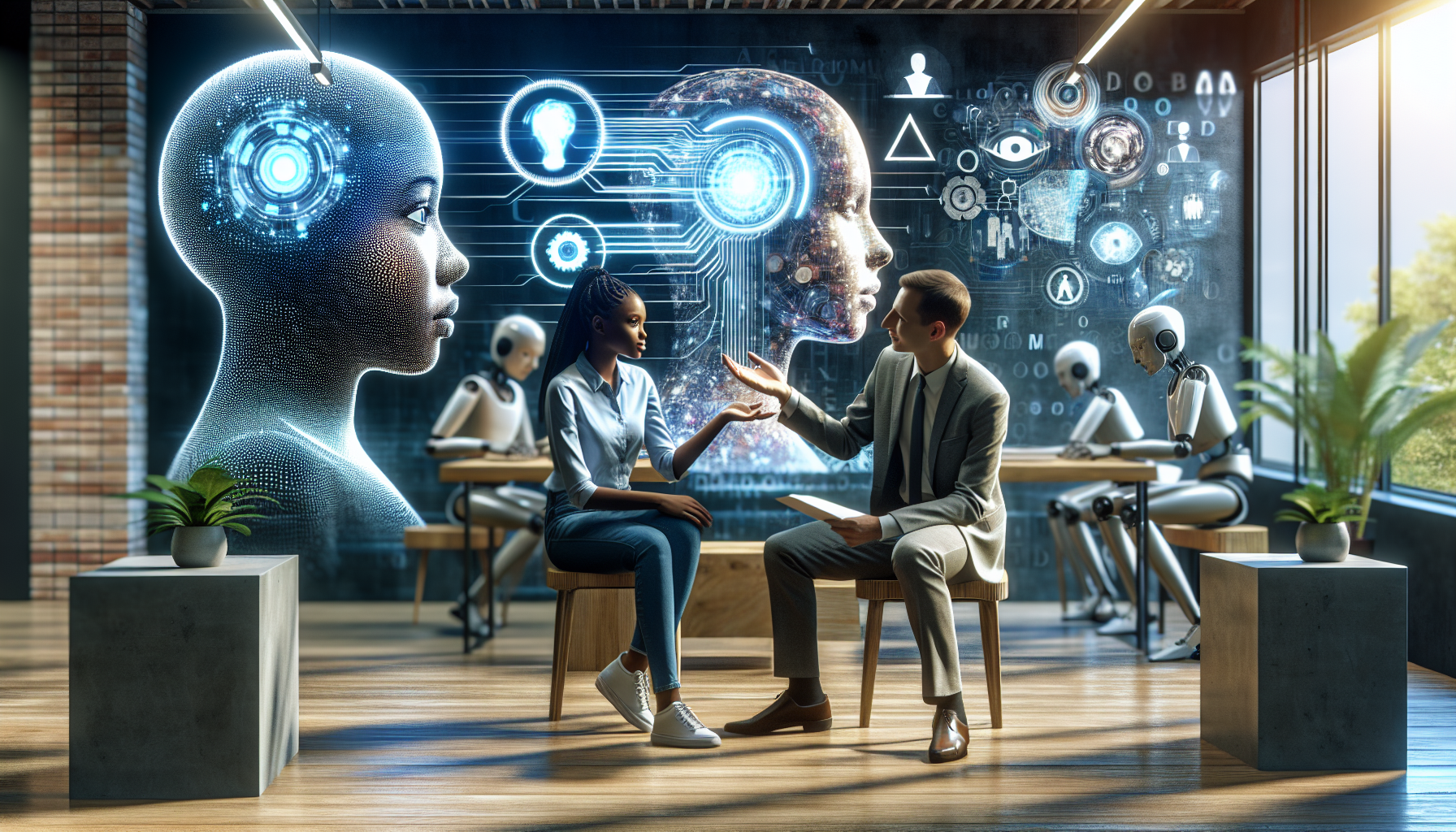
Artificial Intelligence: Transforming the Frontier of Space Exploration
April 5, 2025
Artificial Intelligence (AI) is no longer confined to the realms of science fiction; it has become a formidable force shaping the trajectory of space exploration. As we stand on the brink of a new era, the role of AI in this domain is expanding beyond traditional boundaries, unlocking possibilities that were once beyond our grasp.
The potential of AI in space exploration is vast and multifaceted. At the forefront, AI systems are being designed to handle the overwhelming amount of data generated by space missions. Satellites, telescopes, and spacecraft continuously collect vast quantities of information, far exceeding the processing capabilities of human operators. By leveraging machine learning algorithms, AI can efficiently analyze this data, identifying patterns and anomalies that might otherwise go unnoticed. This capability not only accelerates the pace of discovery but also enhances the precision of scientific findings.
Autonomous spacecraft and rovers exemplify another groundbreaking application of AI in space. These machines are increasingly equipped with sophisticated AI systems, enabling them to operate independently in the harsh and unpredictable conditions of space. For instance, rovers on distant planets must navigate uneven terrain, identify scientific targets, and conduct experiments without direct human intervention. AI-driven autonomy allows for real-time decision-making, crucial in environments where communication delays with Earth can hinder mission success.
Moreover, AI has the potential to revolutionize the logistics of space missions. Traditional approaches to mission planning involve meticulous calculations and contingencies, often limited by human foresight. AI's predictive analytics can optimize these plans by simulating various scenarios and outcomes, thus enhancing mission efficiency and reducing risks. This capability becomes especially critical as missions venture further, targeting destinations like Mars or the moons of Jupiter and Saturn.
One of the most fascinating prospects of AI in space exploration lies in its ability to facilitate human-machine collaboration. As astronaut missions become more ambitious, the need for intelligent systems that can support human crews is paramount. AI can assist astronauts with routine tasks, monitor their health, and even provide companionship during long-duration missions. This symbiotic relationship between humans and AI could be crucial for maintaining the psychological well-being of astronauts on prolonged missions, paving the way for sustainable human presence beyond Earth.
Yet, as we embrace these advancements, it is imperative to consider the ethical and practical challenges that accompany AI's integration into space exploration. The autonomy of AI systems raises questions about accountability and control. As machines make more decisions independently, determining responsibility in the event of failures becomes complex. Moreover, the potential for AI to surpass human capabilities necessitates a careful reevaluation of our role in space exploration. The balance between human oversight and machine autonomy must be meticulously managed to ensure that AI remains a tool that enhances human capabilities rather than replacing them.
Another concern is the security of AI systems in space. The hostile environment of space presents numerous threats, from radiation to micro-meteoroids, which could compromise the functioning of AI-driven spacecraft. Ensuring the resilience and robustness of these systems is crucial to safeguard mission success and the integrity of scientific data.
Despite these challenges, the trajectory of AI in space exploration is undeniably promising. The innovations being developed today will serve as the foundation for future missions, pushing the boundaries of what is possible. As we look ahead, a pivotal question emerges: How will the evolving capabilities of AI continue to redefine our understanding of the universe and our place within it?
In contemplating this question, we are reminded of the limitless potential of human ingenuity and the transformative power of technology. The marriage of AI and space exploration heralds a future where the stars are not just within reach, but are actively shaping our journey into the cosmos.


